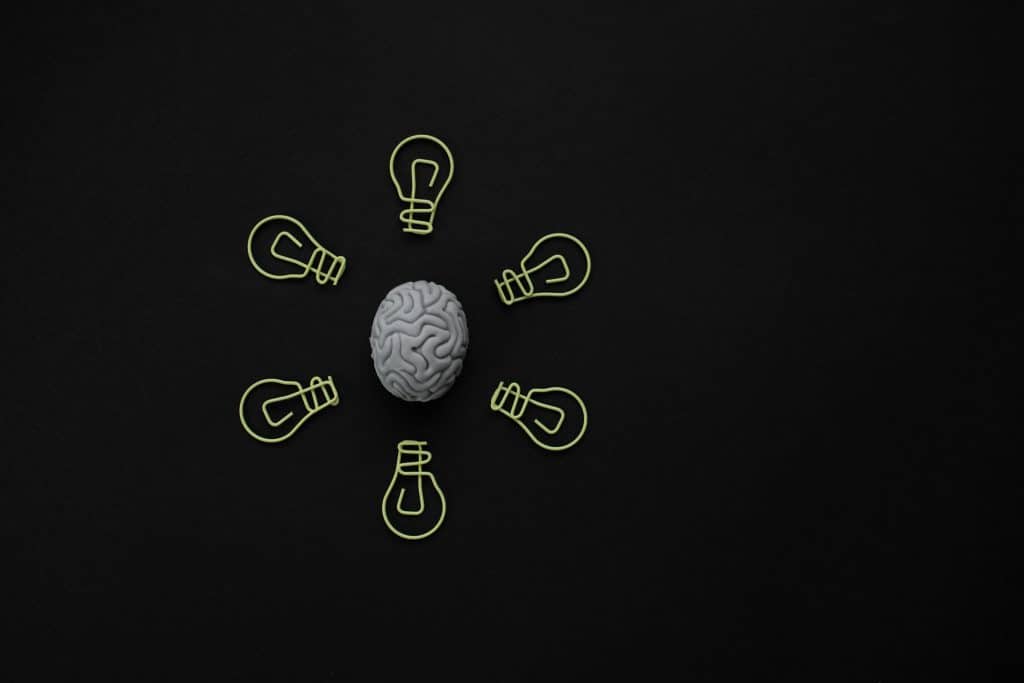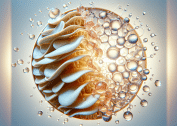In a world filled with relentless digital distractions, many are realizing that living simply opens up more mental space, and that digital detoxes lead to deeper mental clarity. This emerging movement combines minimalist living principles with intentional breaks from technology, helping people declutter both their physical environment and their minds. Today, we explore how simplifying your life can dramatically increase mental clarity—and why digital detoxes are essential in that process.

Why Living Simply Opens Up More Mental Space
Minimalist living isn’t just about reducing physical clutter—it’s about eliminating unnecessary mental load, too. Science supports the idea that simplicity creates cognitive breathing room. A recent report in Homes & Gardens highlights how minimalism reduces stress by cutting visual and mental clutter, lowering cortisol levels, and promoting better sleep and emotional balance.
Now pair that with digital detox practices: when we reduce screen time and tech interruptions, we reinforce the mental space freed up through simplicity. According to a systematic review in Mobile Media & Communication, digital detox leads to reduced anxiety, improved emotional regulation, and restored cognitive clarity.
Thus, living simply opens up more mental space, and when we couple it with thoughtful digital detoxes, that space becomes mental clarity.
How Digital Detoxes Lead to Deeper Mental Clarity
Let’s break down the ways digital detoxes enhance mental clarity:
- Cognitive repair and emotional control: Research in Frontiers in Human Dynamics shows that intentional digital detachment supports mindfulness, self-reflection, and more purposeful thinking .
- Reduced stress and better sleep: Health experts warn that screen addiction impacts biological rhythms. Digital detox routines—like screen-free meals and device-free evenings—help lower cortisol and improve sleep and focus.
- Resetting reward systems: Overuse of notifications blunts dopamine sensitivity and overstimulates the prefrontal cortex. Digital detox allows the brain to reset and re-engage in deeper, more meaningful mental patterns.
- Cultural acceptance and support: The digital detox trend is no longer niche—governments, workplaces, and institutions are embracing the “right to disconnect,” making mental rest culturally supported.
How Living Simply Opens Up More Mental Space: Practical Guide
This guide offers tangible steps to simplify your life and support digital detox habits, creating space for mental clarity naturally.
1. Declutter Your Environment and Digital Life
- Physically declutter your home: clear surfaces and organize.
- Digitally declutter your devices: uninstall unnecessary apps, limit social platforms, mute non-essential notifications.
- Periodically audit both your space and your digital usage to keep distractions minimal and meaningful content prioritized.
2. Embrace Digital Minimalism
Digital minimalism is the practice of curating technology use to align with your values—less digital clutter, more intentional use. It encourages asking: Does this device or notification serve my deeper goals?
- Schedule phone-free mornings or evenings.
- Disable non-essential bombarding alerts.
- Reflect on whether each application or service truly adds to your well-being.
- Small steps like keeping your phone in another room help reinforce space mentally and physically.
3. Introduce Mindful Daily Rituals
Simple routines create calm:
- Start the day with journaling or breathing instead of screen checking.
- Use breaks to stare out a window or take a walk without devices.
- End your evening with low-tech reflection or reading.
- These practices foster clarity and mental restoration.
4. Create Living Spaces That Encourage Simplicity
Design your surroundings to reinforce mental simplicity:
- Limit decor to what brings joy and clarity.
- Use neutral tones and natural materials to create zero-noise spaces.
- Define physical zones: a reading nook or tech-free living area.
- Bring in houseplants and natural light for peaceful sensory engagement—biophilic design aids reflection.
5. Balance Simplicity with Connection and Creativity
- Use detox periods to engage offline: journaling, board games, nature walks, or quiet hobbies.
- Make meals or evenings tech-free—deepening connection and reducing mental clutter.
- Even small trips with little-to-no device use (like “barebacking” to work) are gaining traction and boosting creativity and mental equilibrium.
Case Examples: Digital Detoxes Lead to Deeper Mental Clarity
A recent UK survey
A poll of 2,000 adults found that 71% experienced better mental health after reducing screen time: benefits included improved sleep, greater calmness, and more presence. Many participants created digital-free zones and adapted minimalist decor or quiet hobby areas at home to support those habits.
Personal account: unplugged vacation
One writer’s three-day smartphone detox in a rural cabin initially triggered anxiety—but later resulted in richer connection, better sleep, and more present engagement with life. By day three, she was calmer and more mindful about phone use after returning to normal life.
Gen Z nature trend
Younger generations are embracing nature bathing—spending time unplugged in nature—to counteract digital overload. The sensory, screen-free experience helps restore clarity and calm, and is becoming a favorite form of mental reset .
Tips for Sustaining the Double Practice of Simplicity + Detox
Here are steps to make this lifestyle stick:
- Identify values that matter: What brings you clarity—deep work, relationships, focus? Let these values inform where you simplify and where you disconnect.
- Set clear boundaries: Choose screen-free times or places in your home—like meals, the bedroom, or certain hours—to reinforce both simplicity and detox.
- Audit regularly: Monthly check-ins on your digital habits and your possessions help maintain a clutter-light lifestyle.
- Replace instead of eliminating: Swap mindless scrolling for hobbies like reading, walking, or journaling.
- Track your experience: Notice how you feel after a detox or after simplifying your environment—document sleep quality, focus levels, mental calmness.
Living Simply Opens Up More Mental Space: Linking It All
When living simply opens up more mental space, you begin to feel less distracted and more present. When you digital detoxes lead to deeper mental clarity, that mental space becomes fuller, richer, and more meaningful. Together, simplicity and intentional disconnection form a powerful combination for improving mental health and focus.
Conclusion
In a world where constant screen use and material excess strain our focus and well-being, living simply opens up more mental space, and combining that with digital detox routines shows that digital detoxes lead to deeper mental clarity. You don’t need dramatic life changes—small steps like decluttering, limiting notifications, designating tech-free periods, and cultivating mindful rituals can create meaningful calm.
This emerging lifestyle, anchored in minimalist living and thoughtful digital use, offers a clear shift toward mental peace, restored focus, and a stronger connection to what matters. Let simplicity and intentional disconnection guide you toward a quieter, calmer mind.
References
- Homes & Gardens. (2025). Minimalism enhances mental health by reducing visual and mental clutter https://www.homesandgardens.com/solved/beneficial-ways-minimalism-resets-brain?utm_source=chatgpt.com.
- Frontiers in Human Dynamics. (2025). Digital detox enhances cognitive repair, mindfulness, and emotional control https://www.frontiersin.org/articles/10.3389/fhumd.2025.1572587/full?utm_source=chatgpt.com.
- Indian Times Health Experts. (2025). Screen addiction linked to anxiety, sleep disruption; digital detox recommended https://indiatimes.com/trending/national-doctors-day-2025-experts-warn-screen-addiction-is-fueling-anxiety-and-low-self-esteem-heres-how-to-digital-detox-662508.html?utm_source=chatgpt.com.
- Times of Israel blog. (2025). Science of digital detox: resetting dopamine, improving focus https://www.technology.org/2024/08/30/the-growing-appeal-of-digital-minimalism/?utm_source=chatgpt.com.









